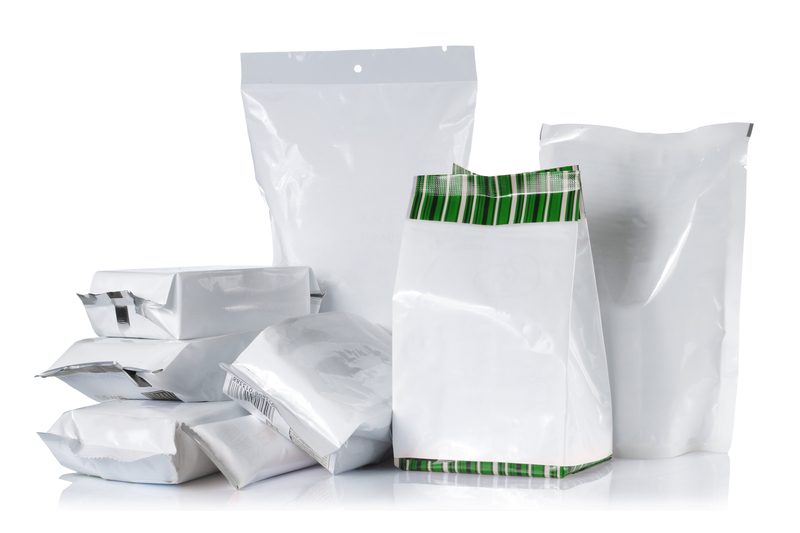Environmental impact of plastic pollution and government actions to address it
Posted on 12/03/2024
Plastic pollution has become a major environmental crisis in recent years, with millions of tons of plastic waste ending up in our oceans and landfills. This issue not only poses a threat to our marine life and natural ecosystems, but also to human health and the economy. The production and consumption of plastic have skyrocketed over the years, leading to a significant increase in plastic waste globally. In fact, according to a report by the World Economic Forum, it is estimated that there will be more plastic than fish in the ocean by 2050 if current trends continue.
The Environmental Impact of Plastic Pollution
The environmental impact of plastic pollution is immense and far-reaching. Marine animals are often entangled or ingest plastic waste, which can result in injury or death. Floating plastic debris can also harm marine habitats by smothering coral reefs and disrupting the food chain. Furthermore, plastic waste that ends up in landfills releases harmful chemicals and contributes to the emission of greenhouse gases, contributing to climate change.
Plastic pollution also has negative impacts on human health. Chemicals used in the production of plastics can leach into food and water sources, potentially causing serious health problems. Additionally, microplastics (tiny pieces of broken down plastic) have been found in our food and even in bottled water, raising concerns about their effects on human health.

Government Actions to Address Plastic Pollution
In response to this growing crisis, governments around the world have taken steps to address plastic pollution. Many countries have implemented bans on single-use plastics such as straws and bags, while others have introduced legislation to promote recycling and reduce the use of plastic packaging. Some governments have also invested in research and technologies aimed at cleaning up plastic waste from oceans and landfills.
In addition to regulations, many governments have launched awareness campaigns to educate the public about the harmful effects of plastic pollution and the importance of reducing plastic consumption. Several countries have also partnered with private companies to develop sustainable alternatives to plastics, such as biodegradable materials.
The Pros and Cons of Government Actions
The efforts by governments to address plastic pollution have both pros and cons. On the positive side, these actions can significantly reduce the amount of plastic waste that ends up in our environment. They can also inspire individuals and businesses to make more sustainable choices. Additionally, government regulations can encourage companies to develop more environmentally friendly products.
However, some critics argue that government actions may not be enough to solve the plastic pollution problem. They believe that stricter laws are needed to hold corporations accountable for their excessive use of plastics, and that more funding should be allocated towards research and clean-up efforts.
Tips for Reducing Plastic Pollution
While government actions are crucial in addressing plastic pollution, we as individuals can also play a significant role in reducing our plastic footprint. Here are some tips:
- Use reusable bags instead of single-use plastic bags when shopping.
- Avoid buying products with unnecessary plastic packaging.
- Switch to reusable water bottles and coffee cups.
- Say no to single-use straws.
- Properly dispose of all plastic waste and recycle whenever possible.
- Participate in beach or park cleanups in your community.

Key Takeaways
Plastic pollution is a pressing global issue that requires immediate action. It has negative impacts on marine life, human health, and the environment as a whole. Governments have taken steps to address this problem, but more needs to be done. Individuals can also contribute by reducing their plastic consumption and properly disposing of plastic waste.
In Conclusion
In conclusion, plastic pollution is a serious environmental crisis that demands attention from all levels -from governments to individuals. While government actions are essential, it is also crucial for individuals to make conscious choices to reduce their plastic footprint. By working together, we can combat plastic pollution and create a more sustainable future for our planet. Let us take action now before it's too late.

